Family Law Solicitor Near Wollongong
Serving Shoalhaven & The Illawarra
- No-Cost First Consultation
- 30+ Years Diverse Legal Experience
- Transparent Legal Advice
Contact Our Team Near Wollongong
Thank you for contacting NH Legal.
We will get back to you as soon as possible.
Oops, there was an error sending your message.
Please try again later.
Wollongong Family Law Solicitor
NH Legal provides structured family law services to individuals and families in the Wollongong area. Led by Principal Solicitor Neil Hartley, who brings over 30 years of legal experience in both public and private practice, we focus on delivering practical legal processes for separation, parenting arrangements, and property matters. Services are tailored to address the complexities of family breakdowns, with attention to documentation, court compliance, and long-term planning. Clients in Wollongong receive support with preparing consent orders, parenting plans, divorce applications, and financial settlements.
The firm’s approach is designed to reduce delays, manage obligations clearly, and ensure matters are progressed in line with relevant legislation. All cases are assessed individually to determine whether legal intervention is necessary and what steps are appropriate. Communication is structured and timely, helping clients remain informed throughout the process. For Wollongong clients dealing with family law issues, NH Legal offers initial consultations to help outline options.
To arrange an appointment, call
0416 705 799.
Services We Offer Near Wollongong
- Family Law
- Wills and Estates Solicitor
- Service
- Service
- Service
- Service
Delivering Family Law Support Locally
Family law services in Wollongong are delivered through a step-by-step process that supports legal clarity and procedural compliance. At NH Legal, we begin with an initial consultation to assess the client’s situation and determine which legal pathways may apply. From there, our solicitors assist with document preparation, disclosure requirements, and any supporting evidence needed for family court or tribunal use. Matters involving children are approached with careful reference to family law principles, focusing on practical parenting agreements that meet legal standards.
Property settlements are managed through legally binding documents and court-ready submissions to ensure transactions and financial divisions are properly recorded. For clients requiring urgent assistance, interim applications or protective measures may also be prepared.
NH Legal ensures timelines, court obligations, and communication protocols are explained at the outset, helping Wollongong clients stay informed throughout their matter. Post-resolution support is available for implementing orders and clarifying next steps. Every service is delivered with focus on accurate documentation, responsiveness, and legal procedure.
Frequently Asked Questions
What is the difference between divorce and separation in Australia?
In Australia, separation refers to the decision by one or both parties to end a marriage or de facto relationship. It does not require a formal document or court process—only that at least one person believes the relationship is over and communicates this. Separation can occur even if the couple continues living under the same roof.
Divorce, on the other hand, is the legal termination of a marriage. To apply for a divorce, couples must have been separated for at least 12 months. The divorce application is made through the Federal Circuit and Family Court of Australia, either by one party (sole application) or both parties (joint application). The divorce process is distinct from other family law matters such as parenting arrangements or property settlements. Finalising a divorce does not automatically divide assets or settle custody issues—these require separate agreements or court orders.
How is property divided in family law?
In Australian family law, there is no fixed formula for dividing property after separation. Instead, courts follow a four-step process to determine what is just and equitable. First, they identify and value all assets and liabilities of both parties, including jointly and individually owned property, superannuation, debts, and financial resources.
Second, the court considers the contributions each party made to the relationship—financial (such as income or property), non-financial (such as homemaking or child care), and initial contributions. Third, the court evaluates the future needs of each party, including factors like age, health, earning capacity, and the care of children.
Finally, the court decides on a fair division of assets based on all these factors. Property settlements can be formalised through consent orders or binding financial agreements. While court is an option, many parties resolve property matters through negotiation or mediation to avoid lengthy proceedings.
How are parenting arrangements decided after separation?
Parenting arrangements after separation are decided based on what is in the best interests of the child, as outlined in the Family Law Act 1975. Australian family law assumes that children benefit from having a meaningful relationship with both parents, provided it is safe and appropriate. Parents can reach agreements privately or with the help of mediation services. These arrangements can then be formalised by applying for consent orders through the court, making them legally binding.
If parents cannot agree, the matter may go to court, where a judge will consider factors such as the child’s relationship with each parent, their safety and wellbeing, views expressed by the child (depending on age and maturity), and each parent’s capacity to meet the child’s needs. Parenting orders can cover where the child lives, how much time they spend with each parent, communication methods, and decision-making responsibilities.





